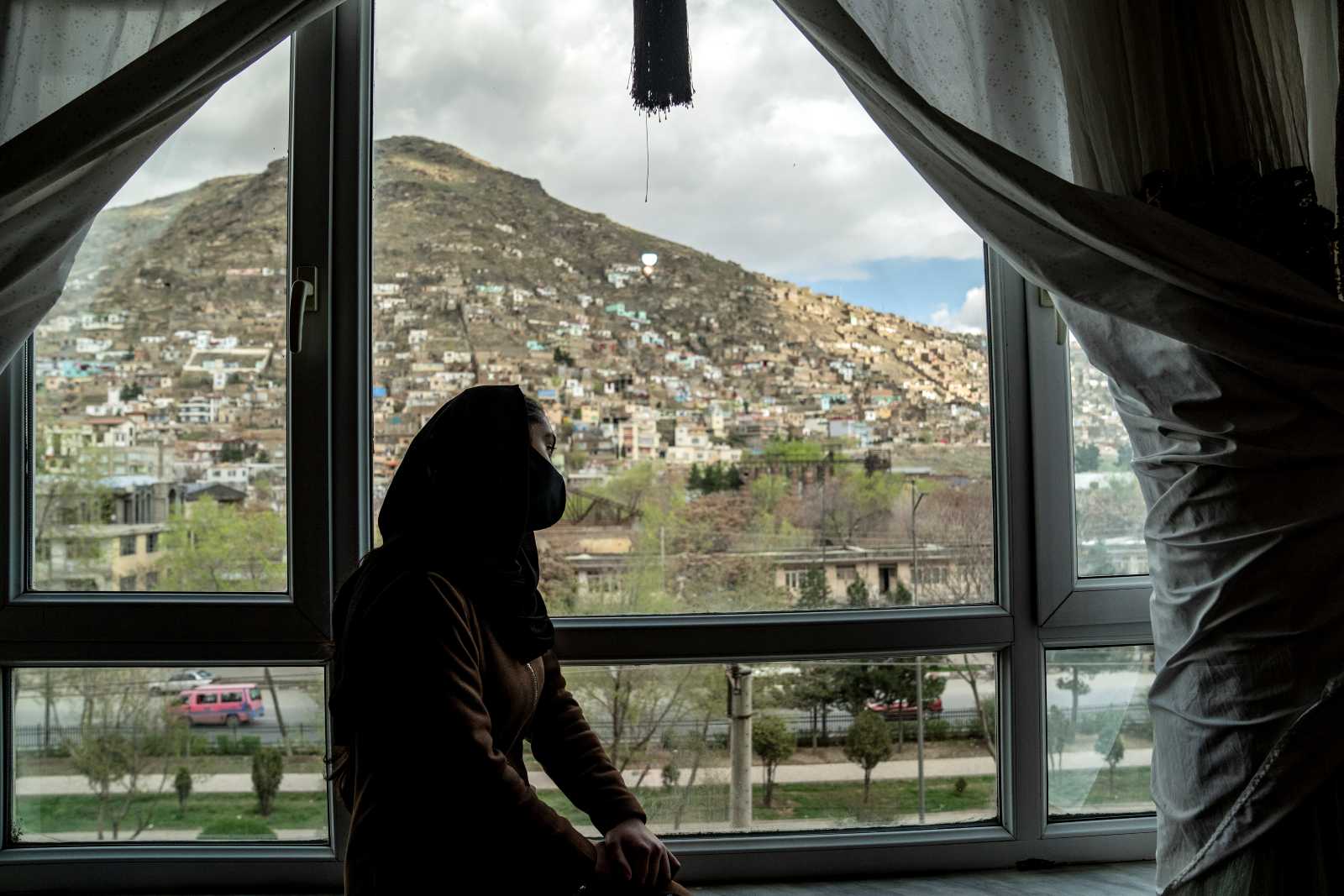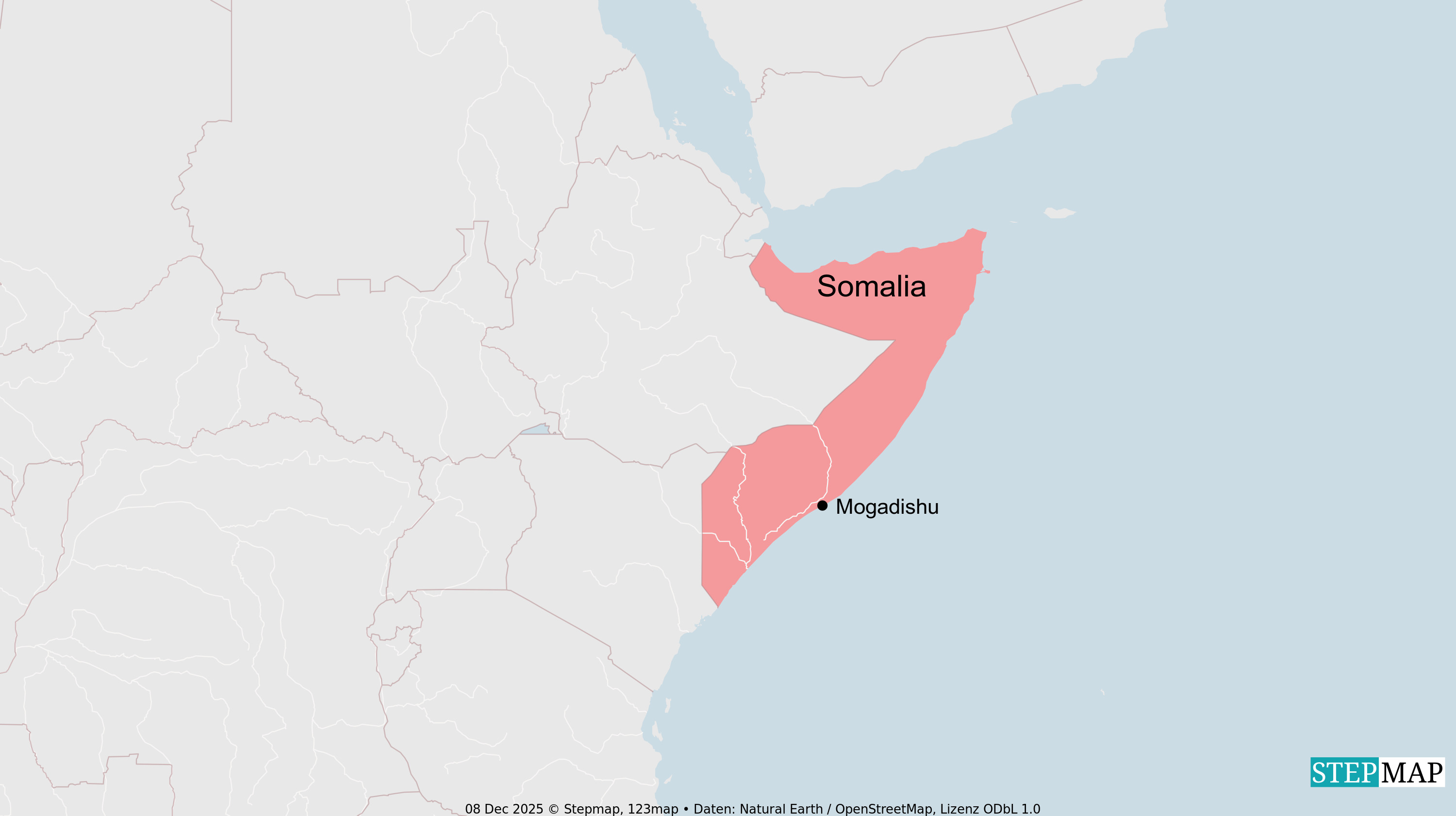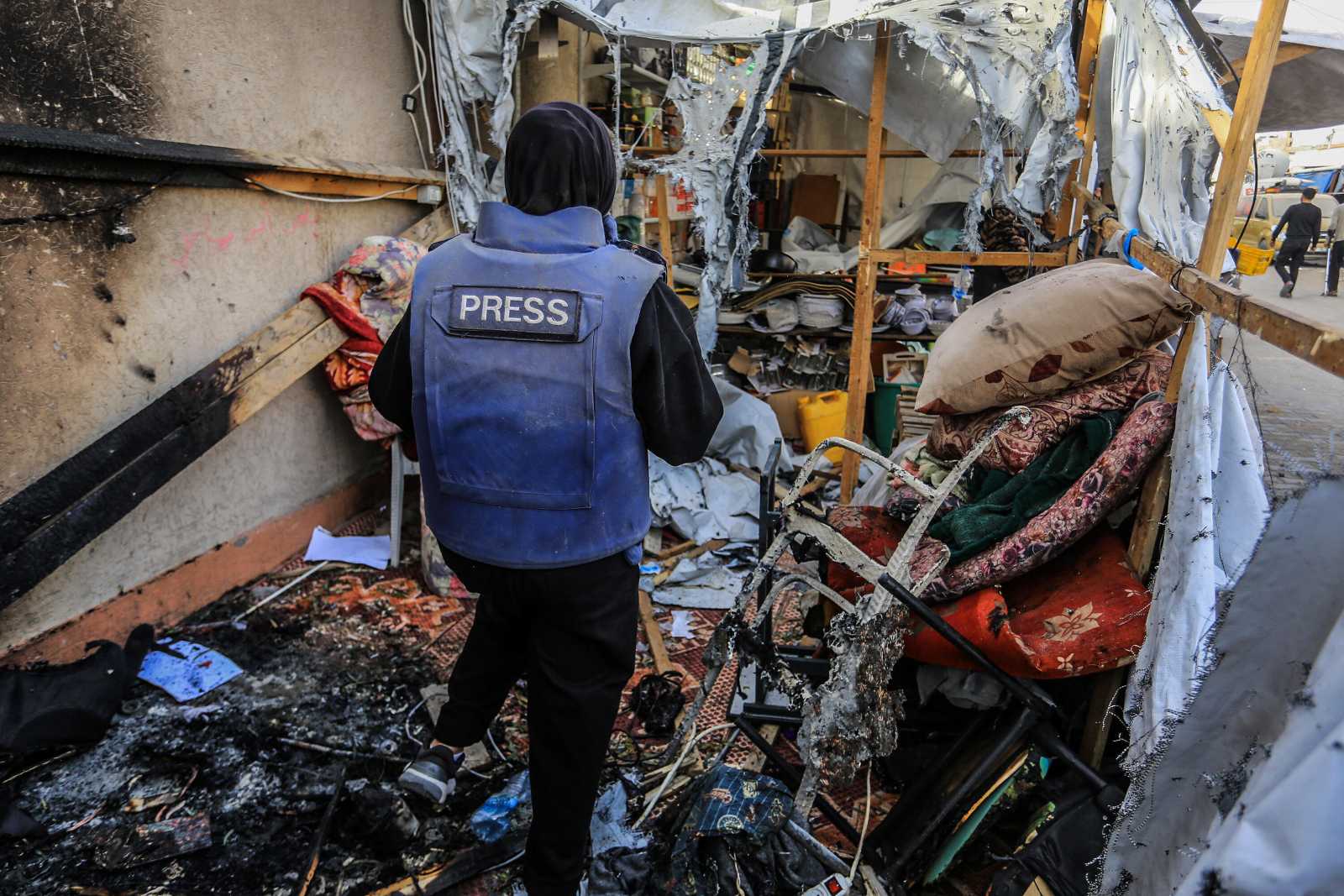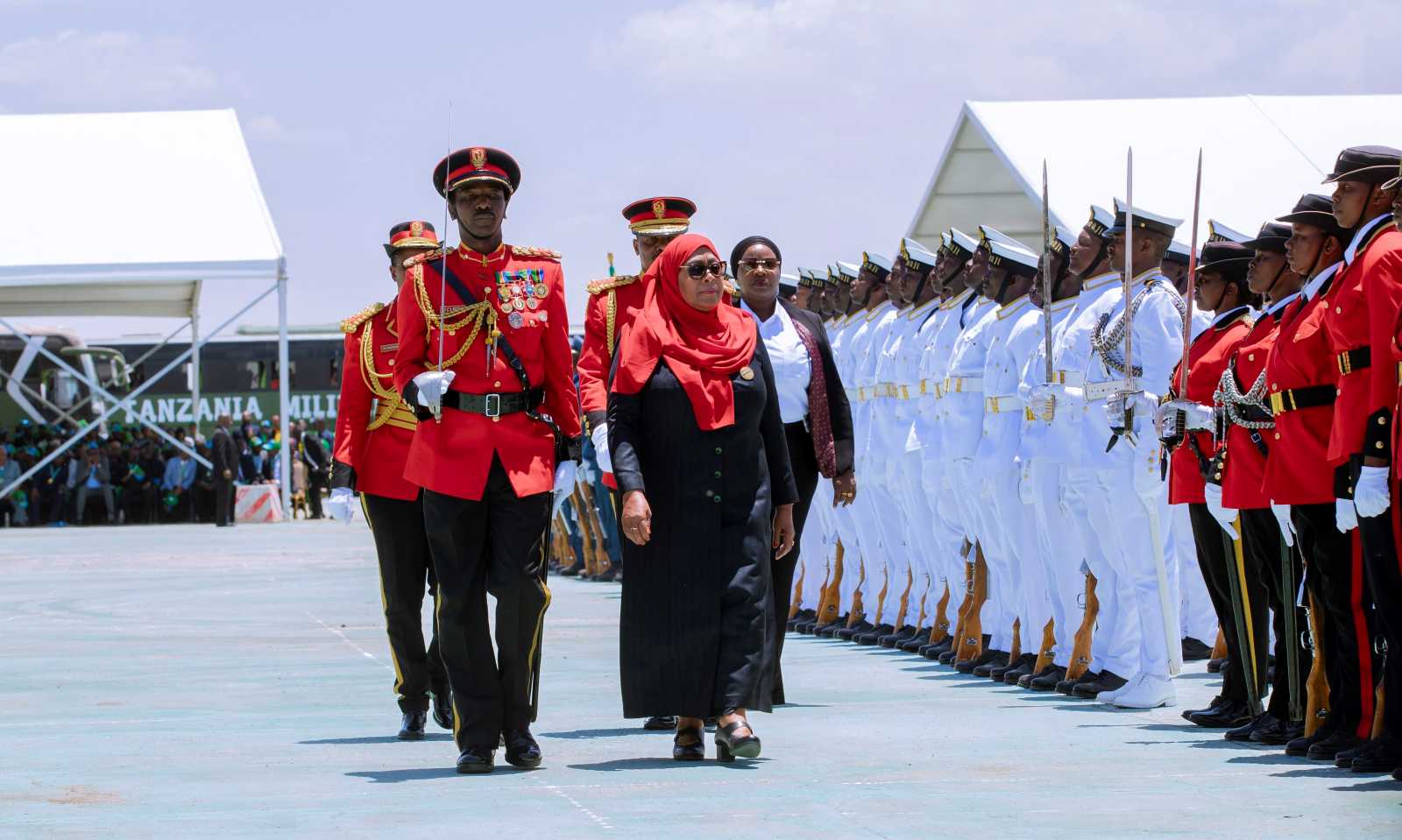Female truckers in Mexico
The curse of the cliché

For decades, the image that sprang to mind when people in Mexico imagined a truck driver was that of a tough, solitary and emotionally impenetrable Casanova behind the wheel. Covering thousands of miles under adverse conditions and enduring heat, sleep deprivation, hunger and violence on the roads seemed the ultimate expression of “a real man” – of the archetypal resilient and independent breadwinner. Indeed, the profession is one of the most male-dominated in all of Mexico.
This notion of masculinity is fraught with deep-seated conflicts, however. Armando Liceaga, a psychologist with the haulage firm Transportes Esteban (TES), says that unresolved emotional issues lie buried behind the facade: many truckers are desperate to ask for help or show their vulnerable side but lack the vocabulary to do so. In his experience it’s not unusual for men to have two or more families dotted around the country. He sees this as a driver’s dysfunctional way of seeking at least some solace after arduous days spent on the road – days characterised by an absence of any close ties and separation from loved ones.
According to René López Pérez, a model of male hegemony persists in Mexico that is based on authority, independence and suppressing emotions. Pérez is the research director at GENDES, an organisation specialised in masculinity studies. “From an early age, men are taught to deny any vulnerability and to be highly competitive,” he says. Socialised in this way, they are a good fit for the demands of the transport sector, where gruelling working days and long periods of isolation are the norm and drivers need to be able to tolerate risks and take decisions on their own, explains the expert.
Gender division of labour
This model kept women out of the game for a long time. Deeply rooted in Mexican culture, gender division of labour confined them to nursing, housework and the emotional sphere. Meanwhile, men took over those domains that required physical strength, a willingness to take risks and manual skills. The few women brave enough to enter such professions encountered a double hurdle: lack of access to professional technical training – and a corporate culture that viewed them as an anomaly.
In the wake of the Covid-19 pandemic, the shortage of truck drivers and the desire of many women to be financially independent opened up new opportunities, and the proportion of women in the sector grew. According to Mexico’s statistics institute INEGI, women accounted for roughly 45 % of all employees in 2023, yet just under 21 % of those employed in transport, the postal service and warehousing were female. This ratio not only reflects how backward this sector is but highlights how much potential there is for inclusion.
Paola Moncada, chair of the Asociación de Mujeres Operadoras (Association of Female Cargo Vehicle Operators), points out that just four years ago neither vocational schools nor companies in Mexico had the infrastructure or necessary mindset to integrate women into the industry. The prevailing stereotypes perpetuated a view of women as being first and foremost a potential risk and possible distraction. Moncada says however that many women were eager to learn and proved they were able not only to meet but even exceed society’s expectations. She adds that some of these women now earn up to three times what they previously did in traditionally female professions, thereby improving their lives significantly.
Persistent problems
Substantial structural obstacles remain, however. They include the lack of safe rest areas, violence on the roads, rampant discrimination and opposition from male colleagues who perceive the presence of women as a threat. In some cases, female integration seems to be more about image than any genuine commitment to equality – for example when neither the corporate culture nor poor working conditions change in any significant way.
Though women are still clearly in the minority in the transport industry, they have helped in recent years to bring about a new way of thinking about gender roles. While some male truckers are increasingly accepting their female colleagues, others view the shift more as a loss of status: if they are no longer the sole providers and have to let women share their profession, what does being a man even mean now?
The researcher René López Pérez suspects that many men perceive the change as a threat. Stripping them of their traditional dominant role without ensuring any healthy process of adjustment can in his opinion spark resistance, resentment and even violence.
It’s vital therefore not only to continue training and integrating women but also to create spaces in which men can redefine their role – be it in the workplace or in terms of their behaviour. Ultimately, it’s a question of teaching men to cooperate with women as equals and be able to show their vulnerabilities without fear of losing face.
Inclusion, respect and new role models
Don Urbano López Román, a trucker with more than 30 years of experience, embodies this transformation. “My daughter now drives her own truck; I taught her myself,” he says, not without a certain pride. “I really admire women who have the guts to get behind the wheel of a big truck. It’s respect and good preparation that count, not gender.” His attitude is proof that change is possible.
Women are underrepresented or face prejudice in many other sectors, too. Alternative attitudes towards masculinity are urgently needed. However, it is worth going further and not only rethink masculinity, but also the gender representations that define us. In a world with more diverse identities and free from sexist role models, violence against female truckers — or women in any profession — would no longer exist.
Montserrat Bustos Cardona is a reporter, photographer and local producer in Mexico.
montserratbustosc@gmail.com















